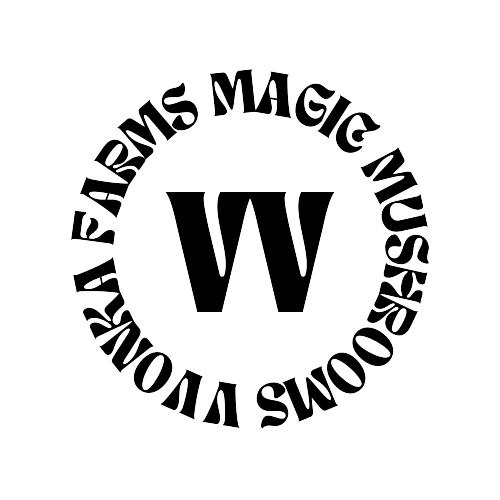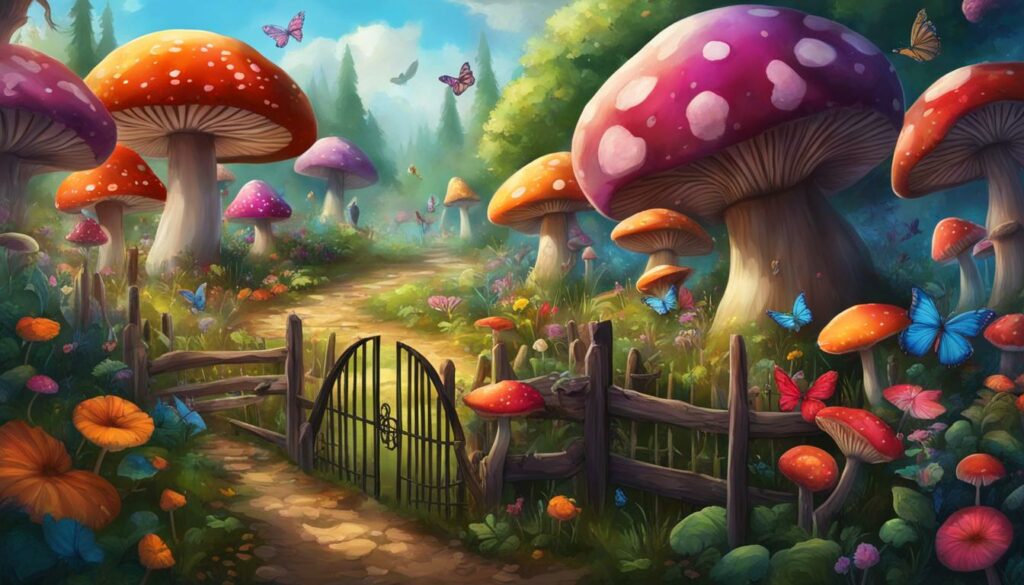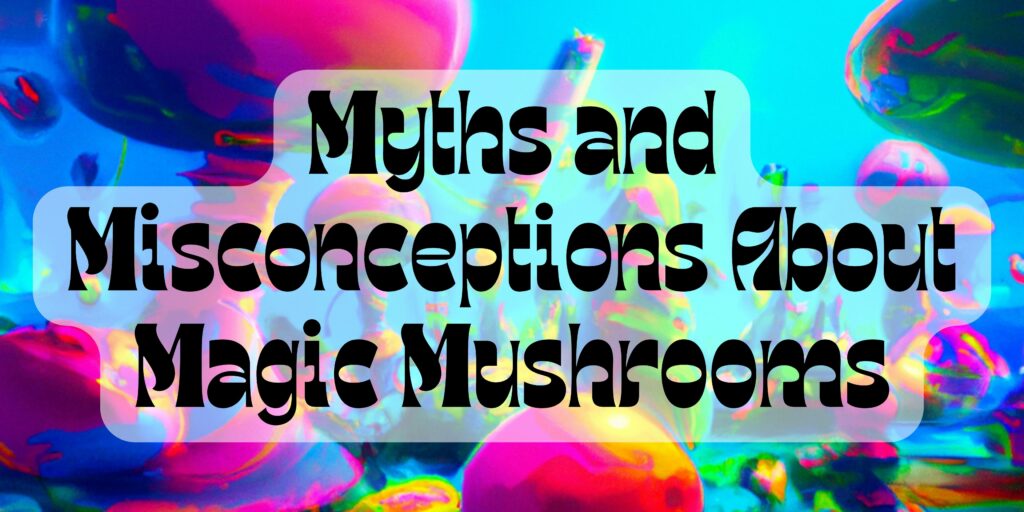The legal status of shrooms, specifically psilocybin mushrooms, is a topic of significant interest and debate. With their longstanding historical use for medicinal and religious purposes, combined with their classification as Schedule I drugs under international law, the legal landscape surrounding shrooms is complex and varied.
In this article, we will explore the legal status of shrooms in the United States, focusing on the regulations and laws that govern their possession, sale, and cultivation. By understanding the legal framework surrounding shrooms, we can gain insights into the evolving attitudes and potential therapeutic benefits associated with these psychedelic substances.
Key Takeaways:
- The legal status of shrooms varies worldwide, with different countries implementing their own regulations and laws.
- Psilocybin mushrooms are classified as Schedule I drugs under international law.
- In the United States, the possession, sale, and cultivation of shrooms are subject to federal and state regulations.
- Recent developments, such as the legalization of magic mushrooms in Oregon, indicate a shifting attitude towards the therapeutic potential of shrooms.
- Psilocybin has shown promise in the treatment of various mental health conditions and is being studied in clinical trials.
Laws and Regulations Surrounding Psilocybin Mushrooms
Psilocybin mushrooms, also known as magic mushrooms, are subject to various laws and regulations around the world. While they are not specifically regulated under international treaties, many countries have enacted their own legislation to control the possession, sale, transport, and cultivation of psilocybin mushrooms.
In the United States, the Psychotropic Substances Act governs the legality of psilocybin mushrooms. The act classifies psilocybin as a Schedule I substance, meaning it is considered to have a high potential for abuse and no accepted medical use. However, the legal status of psilocybin mushrooms varies within the country, with some states, like Oregon, decriminalizing or legalizing their use for therapeutic purposes.
In the United Kingdom, the Misuse of Drugs Act 1971 categorizes psilocybin mushrooms as a Class A drug, alongside substances like heroin and cocaine. Canada also has its own legislation, the Controlled Drugs and Substances Act, which criminalizes the possession, production, and trafficking of psilocybin mushrooms.
It’s worth noting that while psilocybin mushroom spores may be legal to possess and sell in some jurisdictions, the cultivation of the mushrooms is often considered drug manufacturing and is heavily penalized. These laws and regulations reflect the complex legal status of psilocybin mushrooms and the varying approaches taken by different countries.
| Country | Legal Status of Psilocybin Mushrooms |
|---|---|
| United States | Varies by state, with some states decriminalizing or legalizing for therapeutic use |
| United Kingdom | Classified as a Class A drug, illegal to possess or sell |
| Canada | Illegal to possess, produce, or traffic |
Recent Developments in Psilocybin Legality
In recent years, there have been significant developments in the legal landscape surrounding psilocybin mushrooms. With growing recognition of their potential therapeutic benefits, many states in the US have taken steps towards legalizing or decriminalizing their use.
One notable example is the state of Oregon, which passed a ballot initiative in 2020 to legalize the therapeutic use of magic mushrooms. This move reflects a shift in attitudes towards psychedelics and an acknowledgment of their potential to treat mental health conditions.
Furthermore, other states like Washington and New York have proposed similar bills to legalize or decriminalize psilocybin mushrooms. These legislative efforts demonstrate a broader trend towards reconsidering the legal status of psychedelics and exploring their therapeutic potential.
Psychedelic-Assisted Therapy Association founder, Tom Eckert, stated, “The recent developments in psilocybin legality reflect a growing understanding and acceptance of the potential benefits of these compounds in mental health treatment.”
Decriminalization Efforts
In addition to legalization efforts, there have also been bills introduced in several states to decriminalize the possession of psilocybin mushrooms. Decriminalization aims to reduce penalties for personal use and possession, shifting the focus from punishment to harm reduction.
States such as California, Colorado, and Vermont have all discussed decriminalization measures, recognizing the need for a more compassionate and evidence-based approach to drug policy. While decriminalization does not legalize the sale or cultivation of psilocybin mushrooms, it represents a step towards destigmatizing their use.
| State | Decriminalization |
|---|---|
| Oregon | Legal for therapeutic use |
| California | Decriminalization bill proposed |
| Colorado | Decriminalization bill proposed |
| Vermont | Decriminalization bill proposed |
These recent developments indicate a growing momentum towards reevaluating the legal status of psilocybin mushrooms and adopting more progressive drug policies. As scientific research continues to unveil the potential benefits of psychedelics, it is essential to have informed conversations about their regulation and explore therapeutic applications within a responsible framework.
The Medical Potential of Psilocybin
Psilocybin, the active compound found in psychedelic mushrooms, has shown promising potential as a treatment for various mental health conditions. Research studies have explored its effectiveness in addressing depression, anxiety, post-traumatic stress disorder (PTSD), and drug dependency.
The FDA has designated psilocybin as a “breakthrough therapy,” recognizing its significant potential in advancing the field of mental health treatment. Clinical trials have been conducted to evaluate the safety and efficacy of psilocybin in therapeutic settings, with encouraging results.
Psilocybin has the potential to revolutionize mental health treatment. It has shown remarkable effectiveness in providing relief from debilitating conditions such as treatment-resistant depression. The transformative experiences induced by psilocybin can help individuals gain new perspectives, enhance self-awareness, and facilitate emotional healing. It is an avenue worth exploring for those seeking alternative and breakthrough treatments for mental health disorders.
Recognizing the growing interest in psychedelic-assisted therapy, several states, including Hawaii and Connecticut, have established task forces or programs specifically dedicated to studying the potential use of psilocybin. Through these initiatives, scientists and medical professionals aim to gain a deeper understanding of the therapeutic benefits and develop evidence-based treatment protocols.
| Condition | Research Findings |
|---|---|
| Depression | Studies have shown a significant reduction in depressive symptoms after psilocybin-assisted therapy. |
| Anxiety | Preliminary research suggests that psilocybin may help alleviate anxiety symptoms, particularly in individuals with terminal illnesses. |
| PTSD | Psilocybin-assisted therapy has shown potential in reducing PTSD symptoms and improving overall well-being. |
| Substance Dependency | Studies indicate that psilocybin-assisted therapy may help individuals overcome addiction to substances such as tobacco and alcohol. |
The medical potential of psilocybin is still being explored, and further research is needed to fully understand its therapeutic effects, optimal dosage, and long-term outcomes. However, the positive findings from initial studies suggest that psilocybin has the potential to revolutionize mental health treatment and improve the lives of countless individuals.
Conclusion
The legal status of shrooms, specifically psilocybin mushrooms, is complex and varies across different countries and jurisdictions. While they are classified as Schedule I drugs under international law, the regulatory framework surrounding their possession, sale, transport, and cultivation differs from country to country.
Recent developments in the US, such as the legalization of magic mushrooms in Oregon and the introduction of decriminalization bills in multiple states, indicate a shifting attitude towards psychedelics and a growing recognition of their potential therapeutic benefits.
The medical potential of psilocybin is being explored in clinical trials, further highlighting the need for a more nuanced and evidence-based approach to the legal status of shrooms.
FAQ
What is the legal status of shrooms in the US?
The legal status of shrooms, specifically psilocybin mushrooms, varies within the US. Some states have decriminalized or legalized their use for therapeutic purposes, while cultivation is generally considered drug manufacturing and heavily penalized.
How are psilocybin mushrooms regulated worldwide?
Psilocybin and psilocin are listed as Schedule I drugs under the United Nations 1971 Convention on Psychotropic Substances. However, each country has its own laws and regulations regarding possession, sale, transport, and cultivation of psilocybin mushrooms.
Are there recent developments in the legality of psilocybin mushrooms?
Yes, in 2020, Oregon passed a ballot initiative legalizing magic mushrooms for therapeutic use. Other states like Washington and New York have proposed similar bills. Additionally, there have been efforts to decriminalize the possession of psilocybin mushrooms in some states.
What is the medical potential of psilocybin?
Psilocybin has shown promise in the treatment of various mental health conditions, including depression, anxiety, post-traumatic stress disorder, and drug dependency. The FDA has designated it as a “breakthrough therapy,” and clinical trials are being conducted to evaluate its effectiveness.
Is the legal status of shrooms the same worldwide?
No, the legal status of shrooms, particularly psilocybin mushrooms, varies from country to country. While international law classifies them as Schedule I drugs, each country has its own regulatory framework surrounding their possession, sale, transport, and cultivation.




